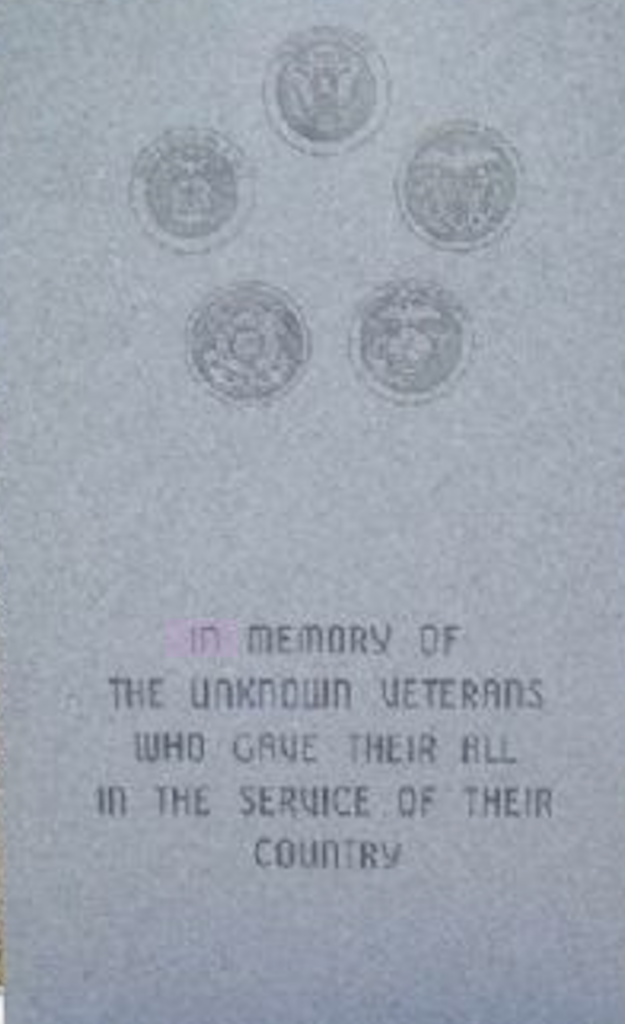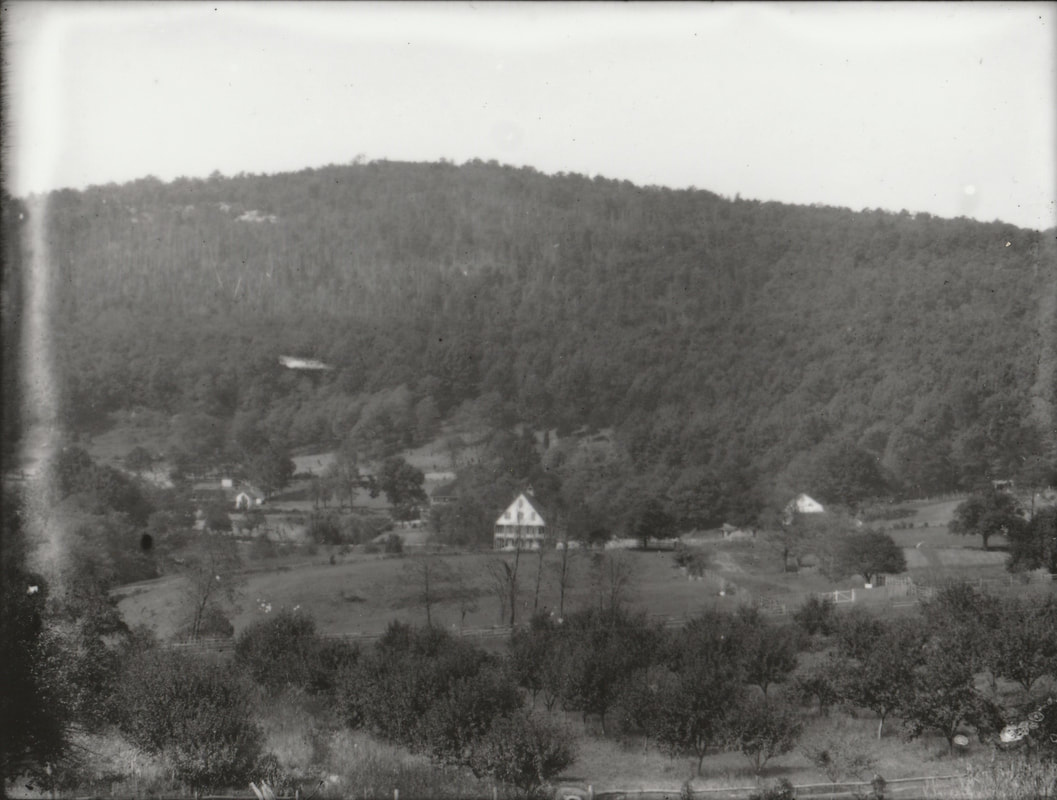Thurmont was originally founded in 1751 as Mechanicstown, but by 1894 the townspeople thought the name sounded “old-fashioned,” so the town soon went through a dramatic voting process to decide on a new name. The other reason for this change was the similarly named towns nearby, notably Mechanicsburg, Pennsylvania, and Mechanicsville, Maryland.
New suggestions included Beaufort, Eastmont, Glenmont, Monduru, Fern Glen, and Blue Point. However, the pool was soon whittled down until only two remained: Blue Mountain City and Thurmont. The townsmen converged and voted, deciding on Blue Mountain City. Once this was relayed to the Post Office, they vetoed it since there was already a similarly named Post Office in the state. The town’s second choice name, Thurmont, then became the official town name.
From the 1700s to the 1930s, trees were cut down to make charcoal, leaving the mountains practically bare. In the 1930s, the Civilian Conservation Corps came and worked hard to return the mountains to their earlier natural state. With this change, Thurmont began to attract more tourists once again to see their beautiful mountain views and small-town living.
The railroad was important to Thurmont’s growth; arriving in January 1871, the town was able to expand and progress further into the future. The railroad ran six trains a day carrying cargo, mail, and passengers. New businesses were created and existing businesses grew. Thurmont grew by 25% each decade after the railroad arrived. Goods could arrive daily along with mail, which brought the town into the modern age. Not only did the townspeople flourish, but the train also opened the town to tourists to enjoy clean air, mountain views, and swimming.

The town dedicated the Memorial Park on November 11, 1922, on what was then known as Armistice Day and is now known as Veterans Day. The park’s purpose was to celebrate the end of the First World War and was created to honor the men who died. The town planted eleven trees for the eleven lives of Thurmont men lost during the conflict.
Related Articles:
Training Recap: Historic Window Workshop
PreserveCast S1E2: Window into the Mind of a Preservationist
Maryland Music: Old-Time and Bluegrass Music in Maryland
Heritage Fund Program Awards over $50,000 to Array of Preservation Projects
Best of Maryland: Scouts put Cozy Cabin on New Foundation
Maryland Heritage Area Authority Distributes $5 Million in Heritage Tourism

